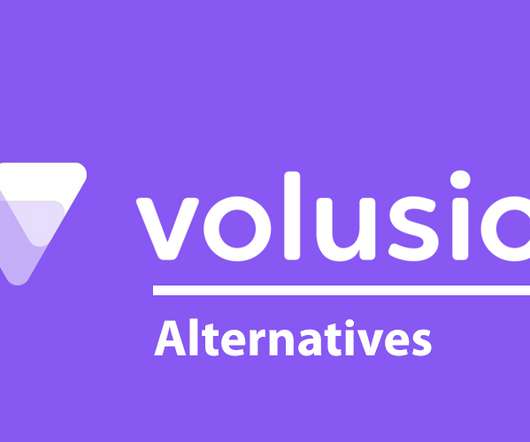Wordpress Alternatives Your Marketing Team Will Love
Groove
NOVEMBER 26, 2021
In this blog, we’re discussing the Wordpress CMS platform and a few of its competitors - more specifically - the platforms that our eCommerce marketing team believe are optimal alternatives. It includes a variety of features that allow marketers to create a truly personalized experience for every person that visits your website.













Let's personalize your content